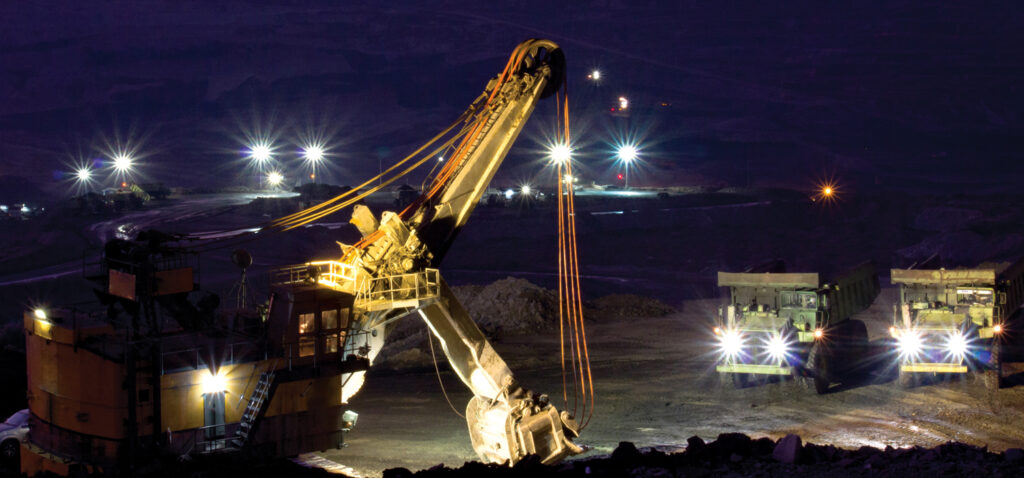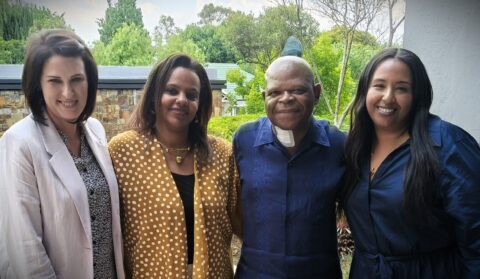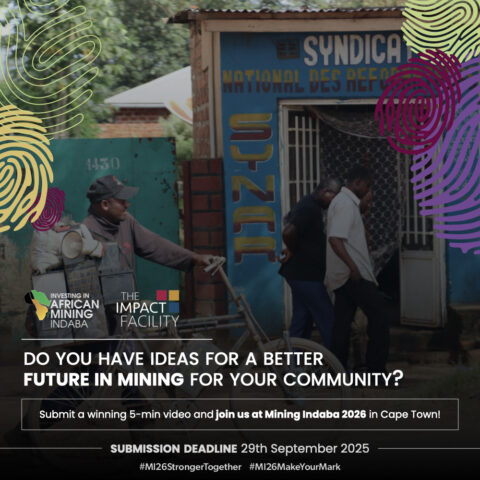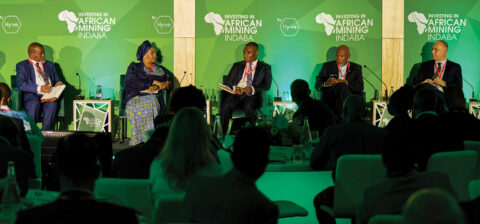SA Mining
Mining Indaba Focuses On Sustainability And The JET
The annual Investing in African Mining Indaba, which took place in Cape Town in February, presented a groundswell from governments, mining companies, investors and service providers to drive positive change in the industry, particularly around issues like sustainability and the Just Energy Transition (JET).
Climate change remains a critical issue of our time, and in the wake of last year’s United Nations Climate Change Conference (COP28), the global mining industry is at the heart of the transition to green energy. This is both in terms of addressing the reduction in carbon emissions, and how they address the huge demand for green minerals and metals in other industries.
In a Mining Indaba press lounge panel discussion, “What COP28 means for mining”, Anglo American head of sustainability Katie Ferguson highlighted the company’s ambitious targets in reducing its greenhouse gas emissions.
Beyers Nel, COO at Harmony Gold, outlined the company’s response to climate change, noting that the company had already installed 30MW of renewable energy, providing some 6% of Harmony’s peak power needs. Furthermore, Harmony is considering adding another 137MW that would cater for an additional 24% of its needs.
Dr Kojo Busia, executive director at Green Africa Minerals, said a key outcome of the COP28 meeting was the establishment of a loss and damage fund that would help compensate developing nations for the impact of climate change, and the need for Africa to capitalise and do better in terms of green metals.
Finally, Michelle Manook, chief executive at the World Coal Association, emphasised the need to reframe the debate about coal’s role in the energy transition.
A boost to ESG and the JET
Speaking on the increasing complexity of mining, Ralf Hennecke, managing director of Omnia Group company BME, noted that this was being driven by a range of factors – from geopolitical tension and fast-changing battery technology to climate change and skills shortages.
“Topics discussed at the Indaba, however, indicate that positive disruption is underway to build a path forward,” he says.
“This direction was visible in presentations and discussions that emphasised environmental, social and governance (ESG) good practice, responsible mining, company-community engagement, and the JET.”
Meanwhile, as one of the world’s largest producers of green metals, the Democratic Republic of the Congo’s (DRC) Prime Minister Sama Lukonde highlighted key investment opportunities in the nation’s mining sector.
Moreover, he outlined details of the partnership between the DRC and Zambia, to facilitate the development of lithium batteries. This partnership will enable the manufacturing of electric car batteries in what is seen as a key factor in driving poverty alleviation within the two countries.
With an estimated $24-trillion in untapped deposits of cobalt, copper, diamonds, gold and other minerals, the DRC undoubtedly occupies a prominent role in the mining industry in Africa. The country is home to what is quickly becoming the continent’s green energy transition hub through the minerals mined and the downstream beneficiation work that is underway.
Critical minerals
The Department of Mineral Resources and Energy also announced that it has finalised the appointment of a three-company consortium to install a new cadastre system, to revitalise South Africa’s exploration sector and the development of junior and emerging miners.
South Africa has many of the minerals needed for the decarbonisation of economies and new technologies, but in order to play its role in the global critical mineral economy, the country must urgently revitalise its exploration sector.
“The new cadastre system will expedite the processing of prospecting and mineral right applications, shortening the adjudication of applications. We can anticipate a near-term positive turnaround in the prospects of the industry through increased investment and future growth of mining and stimulus to the economy,” says Mzila Mthenjane, CEO of the Minerals Council South Africa.
“We need a globally competitive and world-class system to stimulate the mining sector, attract investment to grow the sector, attract new participants, create wealth for South Africa, and benefit society, especially at a time when there is a global conversation about critical minerals, which South Africa is endowed with,” he says.





